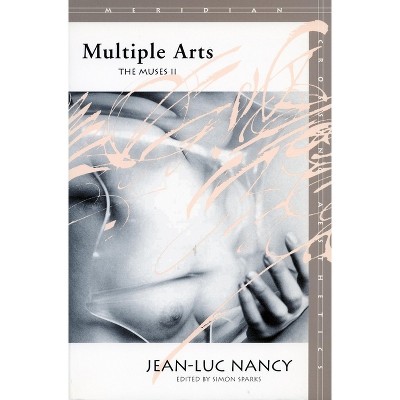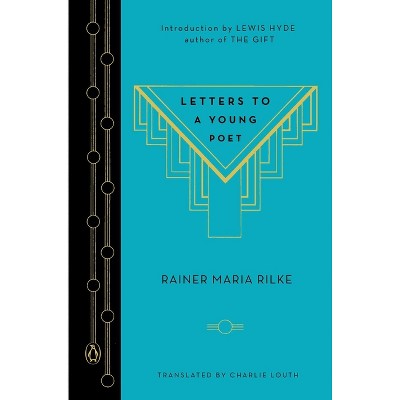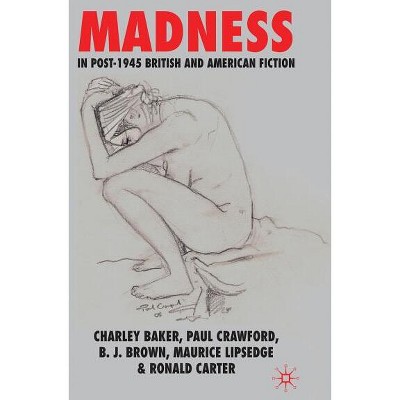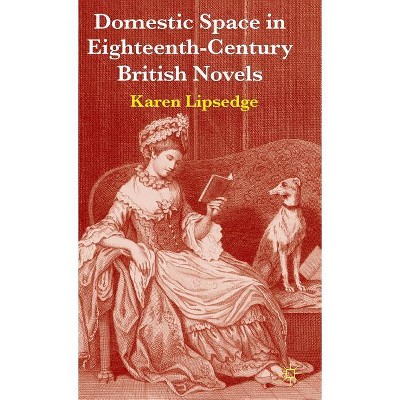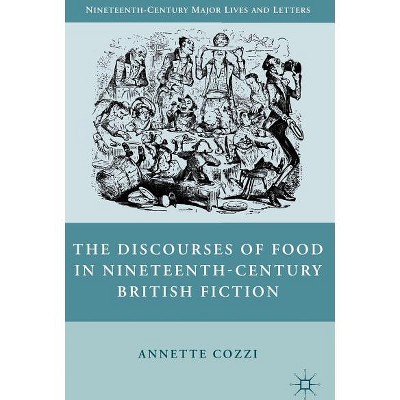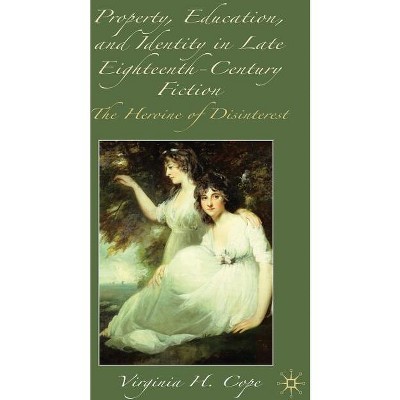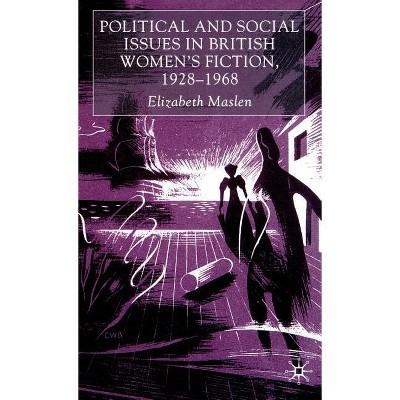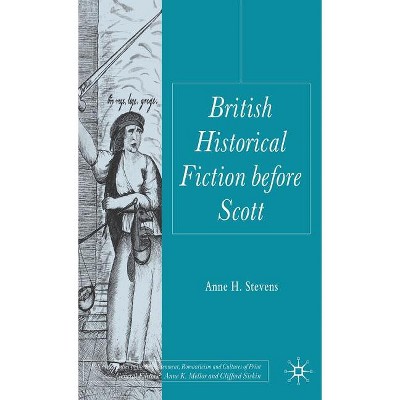Sponsored

The Politics of Custom in Eighteenth-Century British Fiction - by S Bowen (Hardcover)
In Stock
Sponsored
About this item
Highlights
- This book argues that representations of popular culture in the eighteenth-century novel served as repositories of traditional social values and played a role in Britain's transition to an imperial state.
- About the Author: SCARLET BOWEN is Assistant Professor of English at the University of Colorado, USA.
- 223 Pages
- Literary Criticism, European
Description
About the Book
"Popular Legacies: The Politics of Custom in Eighteenth-Century British Fiction breaks new ground in the history of the eighteenth-century British novel by revealing the persistent influence of popular culture and of an older, patrician model of social relations--what Bowen terms "customary culture"--on novelistic representation as well as on the British imagination as a whole. Resisting a teleological literary history that views the novel's rise as one of increasing refinement and politeness, Bowen draws from a variety of popular sources, such as the criminal broadside, ballad, graphic prints and pantomimes to foreground the eighteenth-century novel's cultural and social hybridity. Popular Legacies further argues that representations of popular and laboring culture serve in the eighteenth-century novel as repositories of traditional social values, reflecting an older, two-part patrician-plebeian social order that authors such as Defoe, Richardson, Smollett and Godwin strategically mobilize in order both to impede and make palatable Britain's transition to a modern, capitalist and imperial state"--Provided by publisher.Book Synopsis
This book argues that representations of popular culture in the eighteenth-century novel served as repositories of traditional social values and played a role in Britain's transition to an imperial state.Review Quotes
"Bowen makes theories of class relevant to the eighteenth century by understanding them in terms of culture rather than identity. The theoretical and historical gains of this shift are enormous: 'plebian, ' 'middling, ' and 'patrician' are transformed from static categories into dynamic terms, relational to a concept of English national culture early in the century and responding to radical politics as they change into the nineteenth century." - Kristina Straub, Professor of Literary and Cultural Studies, Carnegie Mellon University
"At last! A book on eighteenth-century fiction that acknowledges and investigates what the novel borrowed from the chapbooks and broadside ballads of customary culture. Bowen shows us how the laboring class popular forms authorized and infused the fledgling novel." - Ruth Perry, Professor of Literature, Massachusetts Institute of Technology
About the Author
SCARLET BOWEN is Assistant Professor of English at the University of Colorado, USA.
Shipping details
Return details
Frequently bought together


Trending Book Deals


